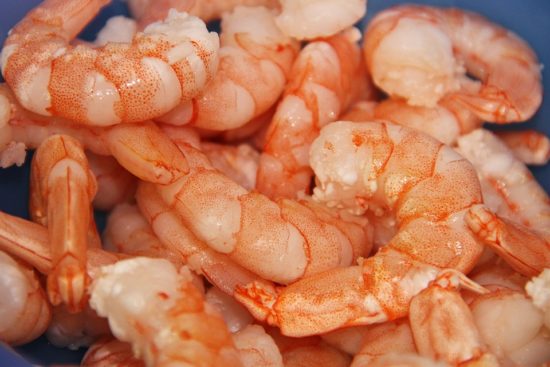Antimicrobial resistant E. coli and enterococci in pangasius fillets and prawns in Danish retail imported from Asia.
Antimicrobial resistance (AMR) genes, resistant bacteria and antimicrobial residues may be transferred to humans through consumption of fish and prawns raised in aquaculture. This study investigated AMR in E. coli and enterococci introduced to Denmark via prawns and pangasius products imported from Asia. In total, 300 samples of frozen pangasius fillets and prawns were collected from retail shops around Denmark.
AMR NEWS
Your Biweekly Source for Global AMR Insights!
Stay informed with the essential newsletter that brings together all the latest One Health news on antimicrobial resistance. Delivered straight to your inbox every two weeks, AMR NEWS provides a curated selection of international insights, key publications, and the latest updates in the fight against AMR.
Don’t miss out on staying ahead in the global AMR movement—subscribe now!





